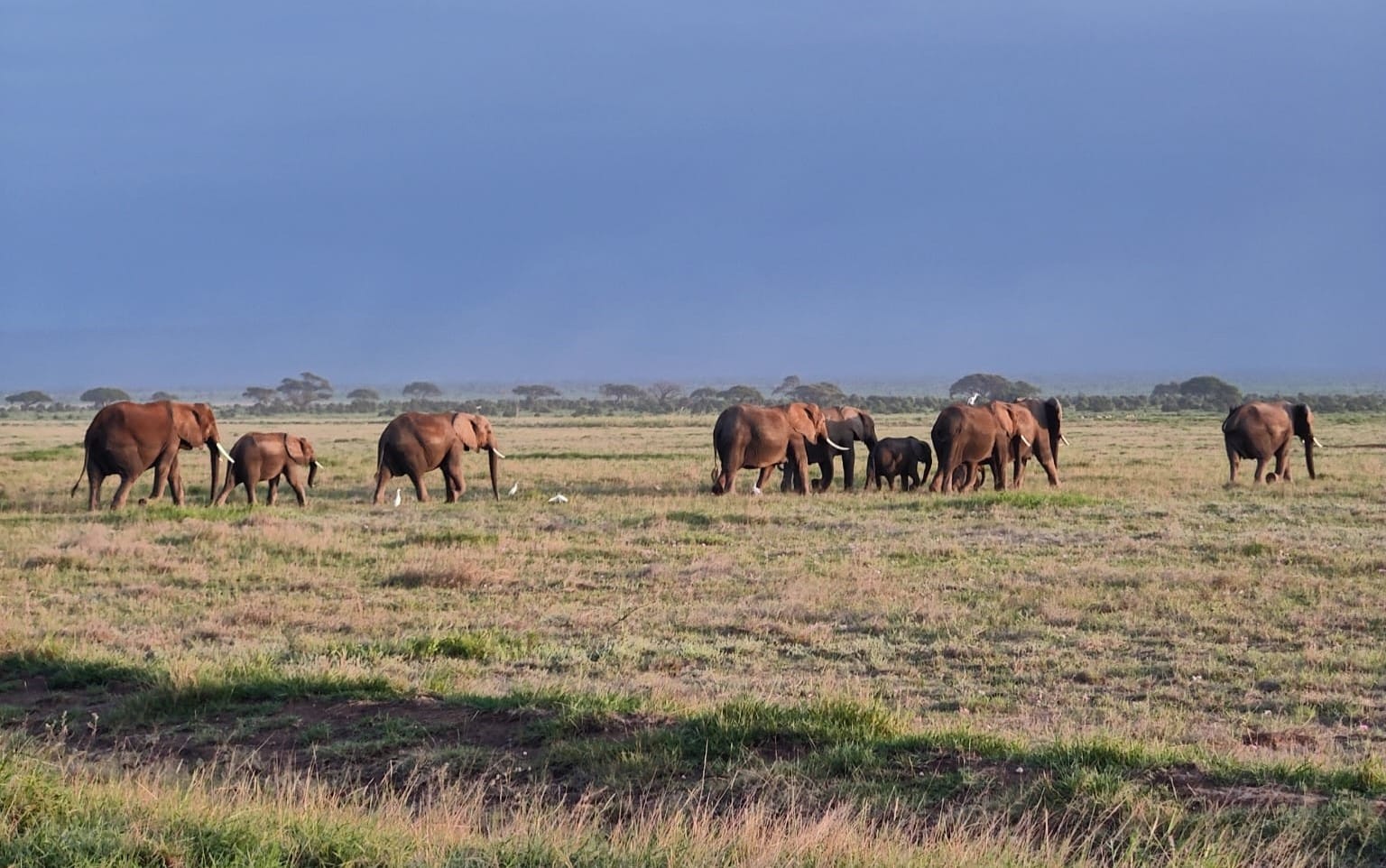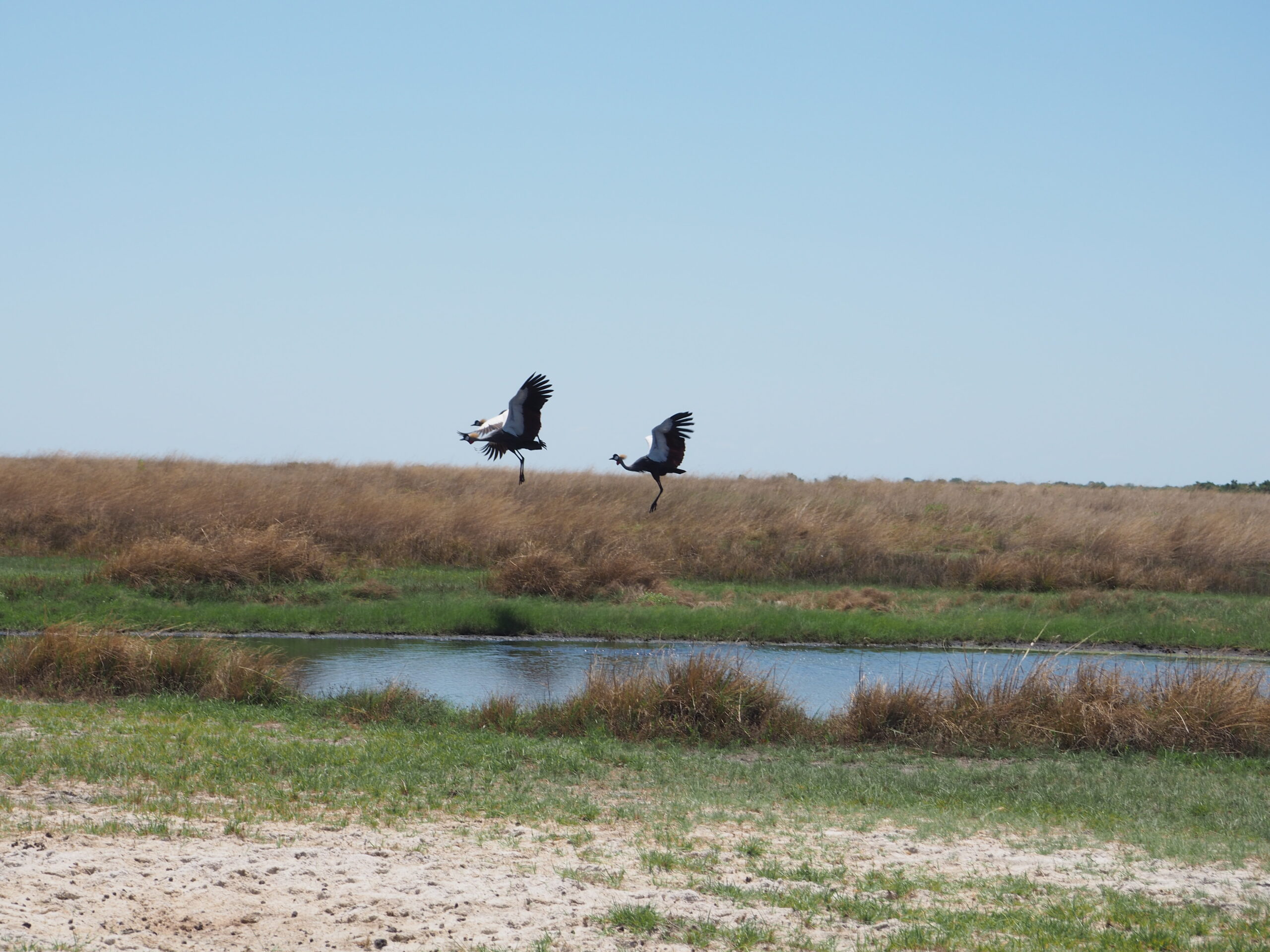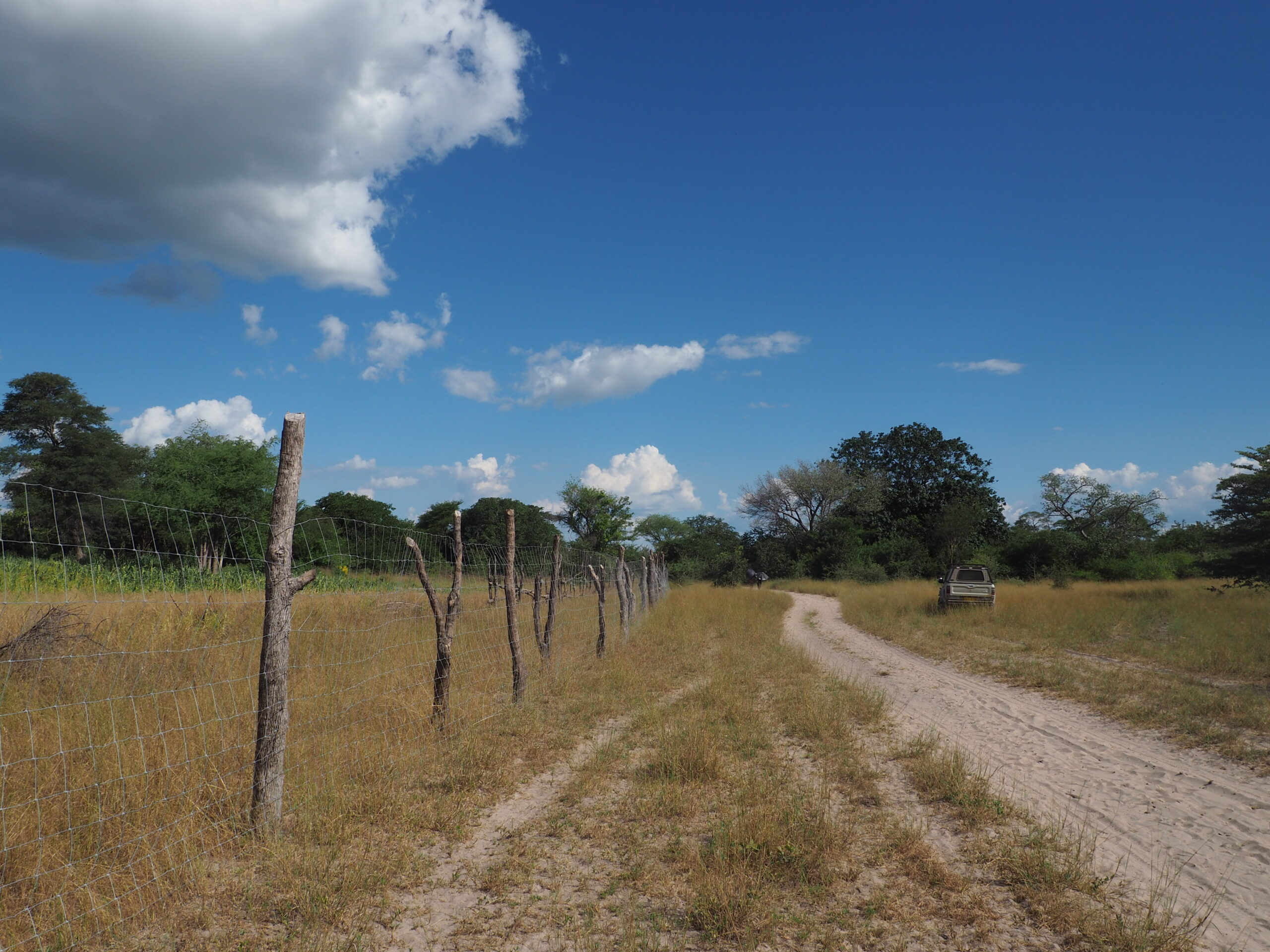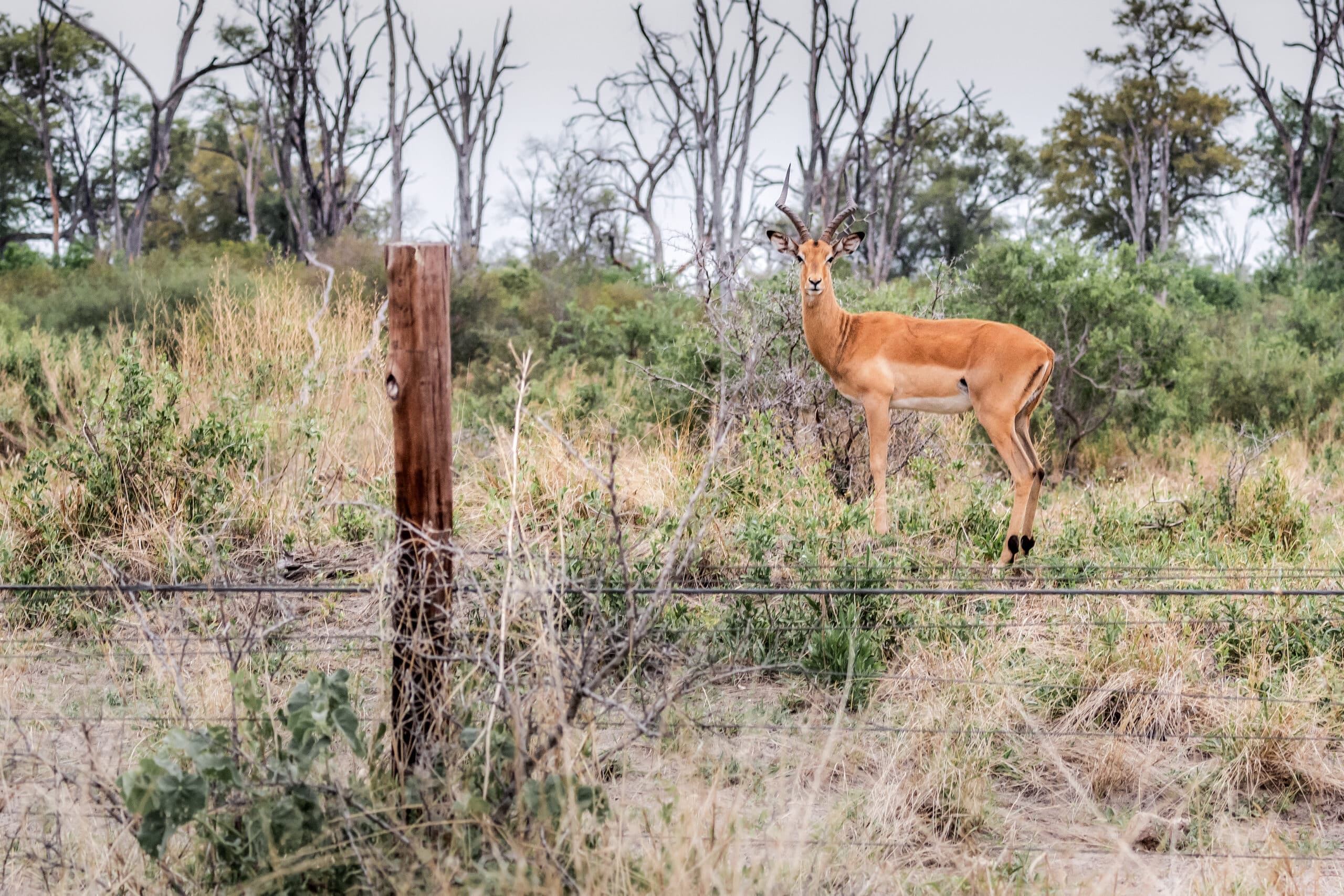Rewilding is a relatively new concept and practice in the field of conservation. The majority of academic work on rewilding stems from the biological and ecological sciences. The humanities and the social sciences only started recently to discuss the origins of rewilding and its ontological, practical and ethical implications (Lorimer 2015, Lorimer et al 2015, Jorgensen 2015, Prior and Ward 2016, Ward 2019, Drenthen 2015). Both fields remain rather hermetic to each other, despite the consensus and often reiterated resolutions among scholars to work together across disciplinary boundaries. Our workshop aims to foster dialogue on rewilding between disciplinary fields that rarely meet, anthropology and the humanities on the one hand, and conservation biology and ecological sciences on the other hand.
The workshop will be structured following three core topics for interdisciplinary discussion. First, we will focus on interventionist rewilding initiatives, especially species translocations and the use of technologies to track wildlife movements and monitor human-wildlife interactions. Crossing perspectives between disciplines, we will discuss the role and impact of these technologies on wildlife and human-wildlife interactions, and question the place of (different and at times conflicting) human agencies in shaping new landscapes and social-ecological communities.
Second, we will focus on rewilding as a “laissez-faire” approach in abandoned landscapes. This includes rewilding initiatives aiming for as little human intervention as possible, in abandoned or damaged landscapes, such as abandoned pastoral landscapes left undisturbed to foster the self-return of wildlife, or landscapes left with minimal interventions to foster their spontaneous change into “wild” forests (e.g. the Cambrian Wildwood project, see Wynne-Jones et al. 2018). In some landscapes rewilding is an unintentional consequence of human abandonment and landscape management has to deal with unforeseen social-ecological dynamics. Here we aim to understand how landscapes are changing under such initiatives, and what it does mean for the people who used to live there, or continue to live near or within such landscapes of abandonment and spontaneous unplanned rewilding.
Third, we will look at rewilding initiatives centered around the attempt to revive lost landscapes, ecosystems and species. These include restoration projects aimed at recreating landscapes of the past, like Pleistocene rewilding in North America (Donlan et al 2006, Rubinstein et al. 2006) or Siberia (Zimov 2005) based on restoring particular trophic relations between species to shape landscapes (Svenning et al 2016), and experimental attempts at reviving extinct species (Sherko and Greely 2013, Shapiro 2015, Waterhouse and Mitchell 2021). Here, we will discuss the technical but also vast ethical challenges raised by such projects.
Across these three thematic foci, key questions include:
- What does “wild” in “rewilding” mean, and what role does it leave to human interventions on ecosystems?
- What are the conflicts raised by rewilding among different stakeholders involved – from conservationists to farmers and inhabitants of rural areas?
- What are the opportunities and limits of socio-technical responses to current challenges of rewilding, be it in species translocations, the monitoring of their movements, the restoration of trophic relations and landscapes, or the resurrection of extinct species?
- What are the ethical implications of rewilding projects as they shape human and nonhuman lives and human-nonhuman interactions anew?








